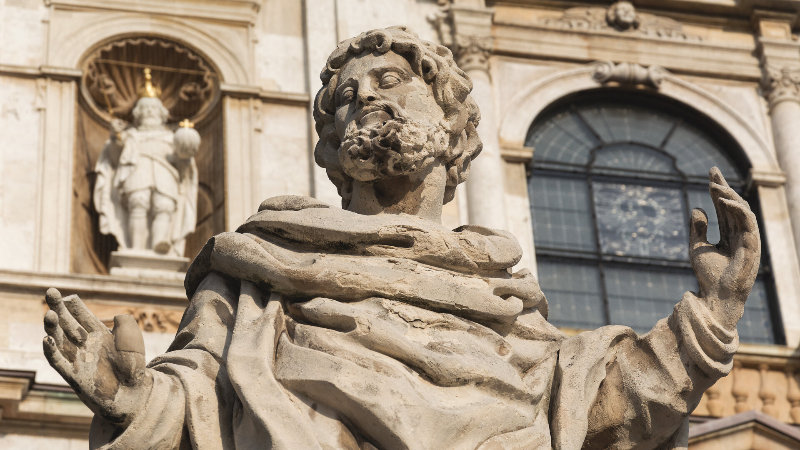Considering a Course in History?
We learn about history to understand the past and where we come from. History is full of inspirational leaders who teach us to persevere and stand up for our beliefs, and cautionary tales that we can learn from so that we do not make the same mistakes in the future.
History is also so much more than wars and empires and famous buildings, it’s about every person and their lives, experiences, and stories. We study history to learn about how the actions of ordinary people can shape the lives of the people who come after them and so on for generations to come. When we study the past we are studying the decisions and daily lives of people who all have actions that have contributed to our past and brought us to where we are today.
What is History?
It is very important to be able to distinguish between history and the past – the past is the set of all events that occurred before a given point in time, the past is fact and it cannot be changed. History as a term relates to the memory, discovery, collection, organization, presentation, and interpretation of information about these past events. History is not exact, it is the study of the past and is changing all the time as more information is discovered and more pieces of the puzzle are added.
History is the study of the past and takes many forms, looking at not only particular people and important periods but also at great changes over thousands of years. Historians use primary sources of information to study the past – such as immediate first-hand documents, images, and artifacts from people who had a direct connection to that period, or secondary sources that are not from the period being studied but are created by someone who did not experience the event first hand or participate in the event – such as textbooks, movies, books.
Why is History important?
History allows us to ask questions or enquire about what happened in the past and provides us with solutions to the problems of the present. Historians study the continuity and change in economics and culture, gender and ethnicity, ideas, society, religion, the environment, and science to produce and record knowledge about the past. That knowledge in turn helps us to understand the present.
Consider how difficult it would be to make decisions about anything today without knowing about what happened yesterday, or how poor our knowledge of the world would be without records of our predecessors who traveled and discovered and learned about the world themselves.
History is often also written by the winner, meaning it can be biased in its recording. There are often many different versions of first-hand witnessing of an event. The version of history you will get will depend on who is telling it and as a result, it is very important that debating and discussion play important parts in the study of history. Historians can debate instances in the past and discuss the merits and errors of versions of occurrences and actions taken and come to conclusions about how they could be better done in the future.
What Will I Learn about History?
- You will build knowledge and a better understanding of the world we live in and the historical events and trends that have paved the way for our current events.
- You will learn to develop critical thinking, analytical, and writing skills that are important for debates and discussions.
- You will learn about the past, various periods, regions, and thematic areas.
Career Opportunities in History
After completing your course in History, you can expect to work as a Historian, Archivist, Curator, Heritage Manager, Academic Librarian, School Teacher, or Journalist.
If you’re serious about doing a course in History and would like to learn more about the events of history, check out courses in the Nightcourses.co.uk national course finder.

